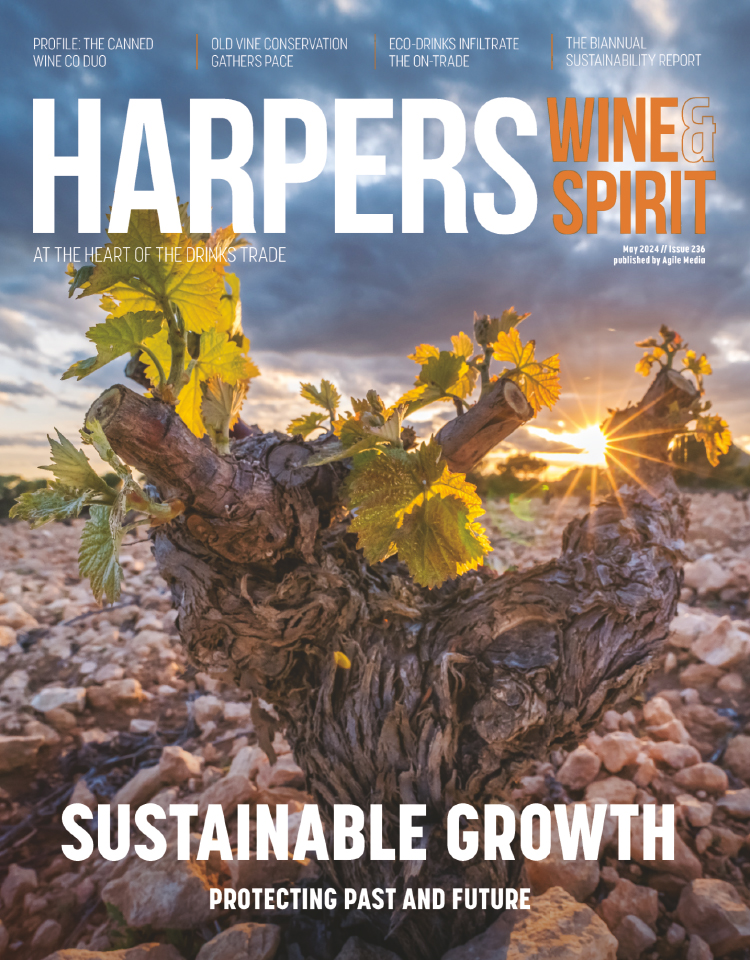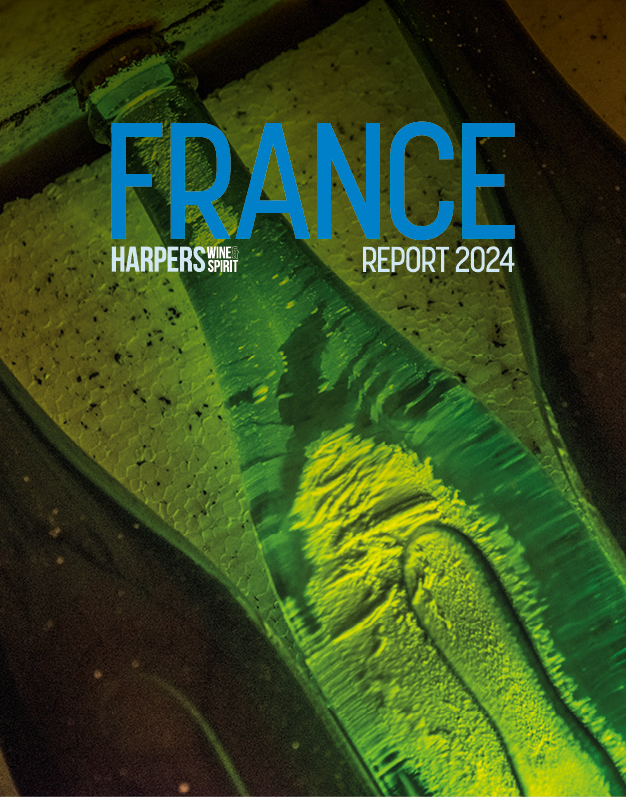
LWF: UK trade’s ‘puritan approach’ to wine holds back profitability
A Harpers panel at London Wine Fair (LWF) charged with assessing how to build greater value back into the trade painted a picture of a wine world too immersed in its own product to clearly communicate any ‘added value’ that can encourage higher consumer spend.
While describing excise duty as the “hot potato” at the root of trade’s low profitability - “bounced back between retailers and suppliers, without anyone wanting to tackle the issue”, as consultant Anne Burchett put it - the panel also warned that the trade itself is at fault for focusing too much on the liquid in the bottle.
This, agreed the panel, is detrimental to the adding of value through often powerful peripheral cues that can help justify the price tag of more expensive wines, with little to guide consumers as to why they should spend up when most wine – to the average eye – looks pretty much the same in terms of packaging, presentation and liquid-focused communication.
Head of London sales for Fields, Morris & Verdin, Joe Fattorini, provocatively suggested that the wine trade “is the only business I can think of where Marxism would be a considerable advance on where the industry sits”, saying that the industry is still obsessed with an eighteenth century agricultural-focused economic outlook, believing the only value lies in the origin of the product.
“If you talk around the general narrative, especially influencers, this sense that the only value to wine is what sits inside the bottle and that that has to be as un-manipulated as possible, going back to the vine… and if you are paying for anything more than the value that comes out of the ground then you are being ripped off – it’s an absolute fiction,” said Fattorini.
The scale of the problem of low profitability was highlighted by Enotria&Coe’s CEO Troy Christensen, who quipped that, “my confidence of the wine industry to effectively deal with the margin situation is equal to my confidence of parliament to deal with Brexit”, before going on to outline a serious picture of low returns.
“Recently I did an analysis of some of the top 40 businesses, encompassing about £2 billion of turnover, and £20 million pounds of EBITA, so that’s less than 1%. That’s before interest, investment capital, so you are looking at a big core with margins of 1%, which is not healthy,’” said Christensen.
Nik Darlington, managing director of Red Squirrel Wine, added: “No matter what industry you are in, no matter what product you are selling, a big part of being able to sell the product at that price is communication,” stressing that the price itself is part of that communication.
“What we are a bit slow to do in this industry is to communicate why something costs that amount of money and at justifying why the consumer should pay for it.”
Restaurant consultant and Harpers contributor Angela Mount drew on an analogy that compared buying a BMW over a Skoda, suggesting that customers are happy to spend much more on the former brand because “the marketing is brilliant” at communicating the value of a BMW, adding that a similar scenario exists in other sectors such as fashion and premium spirits.
“We still have not got the message across to a majority of wine drinkers as to why they should spend a bit more,” said Mount.
A challenge, said Darlington, is that “at the end of the day we are giving people exactly the same kind of thing in the same packaging in the same format. No matter whether it is in a supermarket or in a quirky wine shop, it’s still broadly speaking the same offering”.
In addition to much needed innovation in packaging and presentation, Fattorini argued that the narrative surrounding wine needs to radically change, to one where the peripheral factors come to the fore, rather than inflated scoring systems and esoteric taste descriptors that leave many disengaged.
Whether that narrative be about low carbon impact, environmentally-friendly wine shipped in bulk, or a hand delivered bottle by a Hedonism delivery chap in a three piece suit, communicating and celebrating such perceived added value beyond the bottle “can be worth 10% on top of the cost of the case of wine to the customer”, said Fattorini.
French-born Burchett lay some of the blame for such blinkered vision on “a puritan, British approach which has became prevalent over the past 20 years”, although on a more positive note she added that attitudes are now shifting to a more balanced, holistic view of the product.
“If you look historically at the business of wine, fine wines, they offer something aspirational, they are interesting, they are different. But are they value for money? No. So that [possibility of adding perceived value] has always existed, but the UK market has become this sort of puritanical filter through which you mustn’t add value.
“But we are breaking away from that at the moment, which is quite healthy, because what you find is that all these extras that you have in the perfume industry, the makeup industry, the clothes industry, we have to bring back into the wine industry,” concluded Burchett.
The panel’s message was a clear, if perhaps counter-intuitive one. Insisting that nothing matters beyond the – inaccessible, until purchased – liquid in the bottle can actually hamper the collective will to encourage consumers to spend a little more and progress up the quality ladder. And that, in turn, is limiting the potential margin and profitability of the trade.
A full report on this Harpers Industry Briefing will appear in the June issue of the magazine and online at harpers.co.uk







